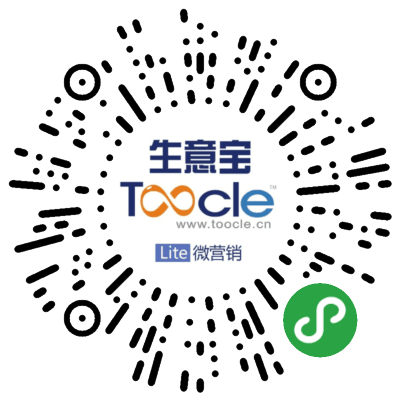 检测认证人脉交流通讯录
检测认证人脉交流通讯录
European Bioplastics,
这真不是您需要的服务?
-
对应法规:环保
CNAS认可项目:是 European Bioplastics,
driving the evolution of plastics
Welcome to European Bioplastics, the association representing the interests of Europe’s thriving bioplastics’ industry. We encourage you to look around, learn more about bioplastics and discover why our dynamic industry is growing at a rate of roughly 20 percent per year.
European Bioplastics is commited to ensure a continuous development of this important sector by securing the necessary support from European policy-makers and other key third-party stakeholders. Please enjoy your visit and feel free to contact us if you would like additional information on bioplastics and how they can benefit you and your business.
About us
Founded in Germany in 1993 as IBAW, European Bioplastics today represents the interests of over 70 member companies throughout the European Union. With members from the agricultural feedstock, chemical and plastics industries, as well as industrial users and recycling companies, European Bioplastics serves as both a contact platform and catalyst for advancing the aims of the growing bioplastics industry.
Vision and mission
Our vision is that bioplastics drive the evolution of plastics and contribute significantly to a sustainable society.
Our mission:
We aim to align the bioplastics value chain and work in partnership with various stakeholders towards a favourable landscape enabling the bioplastics market to grow. This includes serving as a knowledge partner for key target audiences and supporting the sustainable and innovative technological development, and market introduction, of bioplastics.
Our market
Striving to satisfy the societal demand for sustainable products and solutions in the plastics markets, European Bioplastics supports the market introduction of disposable, semi-durable and durable bioplastic products by creating favourable technical, technological and regulatory framework conditions.
Our members
European Bioplastics aspires to be a knowledge partner as pertains to the entire value chain of bioplastics. Our members are located all over the globe and are engaged in the European market. They rely on European Bioplastics as a platform
●to gain knowledge about the industry as a whole
●to represent their business interests
●to connect to others in the bioplastics value chain
●for a dynamic and open stakeholder dialogue regarding overarching issues.
Our stakeholders
As a knowledge partner to all interested stakeholders, from decision-makers to consumers, European Bioplastics seeks to inform others about the bioplastics industry as a whole, its sophisticated products, and their specific and unique societal benefits.
Our environment
European Bioplastics
★supports and promotes technological innovation of bioplastics to improve the balance between environmental benefits and environmental impact.
★supports the sustainable growing of biomass crops for the production of biobased plastics.
★promotes efficient recovery, re-use and recycling systems
★supports standards, certifications and guidelines for transparent claims about bioplastics.
Standards, certification and labelling
Standardisation is an effort of industrial stakeholders to define criteria for the description of products and services. The idea is to ease the competition and the commercial growth by overcoming barriers that result from unclear or incompatible specifications. The use of standards is voluntary. This means, it is in the sovereignty of a company to seek the compliance with a standard or not. In the latter case, however, it is not allowed to make the reference to the standard.
Certain European standards are called harmonised standards. This means that the European Commission mandated the European Standardisation Organisation CEN to elaborate the content of the standard. The Commission sets the topic, but does not intervene in the technical part of the job.
Standards specify how e.g. measurements of biodegradability or renewability of a given material need to be performed, or which criteria need to be fulfilled. A product or service that fulfils these requirements can legitimately claim compliance to the specific standard.
Claims on conformity can be made as self-declared claims or as independently verified claims. This is the moment where certifiers enter the game. A certifier is a producer-independent body that typically fulfils the requirements of the ISO 45011 standard.
The certifier checks whether or not the requirements laid down in a standard are met. The company, that wants to have the conformity of a product or service with a specific standard certified, needs to bring evidence. This typically comprises test reports of acknowledged laboratories. The company applying for the certification is charged for this service by the certifier.
A certificate issued by a certifier can qualify a product to bear a quality mark. This is a matter of specific regulation between a certifier and the owner of a trademark. For example, the seedling is the trademark of European Bioplastics, while DIN CERTCO performs the assessment of the conformity of a product. After successful certification, the specific product is eligible to be labelled with the respective mark.
-

检测通手机版 
检测通官方微信
检测通QQ群



